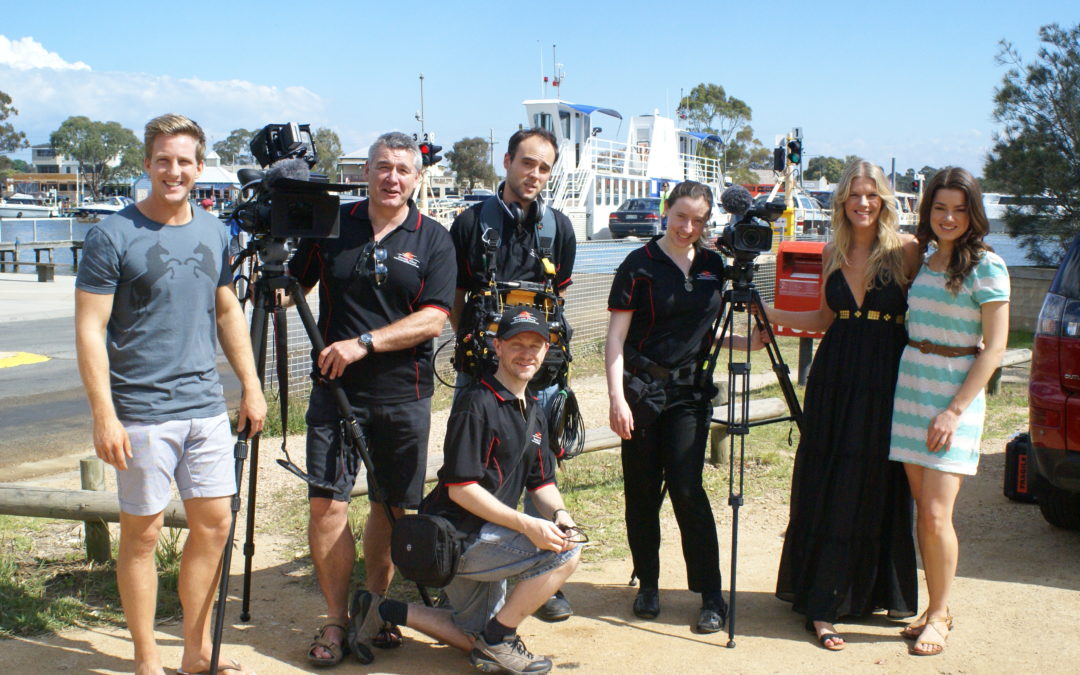Don’t be scared of Failure - It’s A Vital Part of How We Grow
A lot of us enter adulthood with the idea that failure is something to be avoided at all costs, but failure is actually an important part of the way we learn.
That sounds perverse, doesn’t it?
We’re aiming for success! How can not achieving our goals be a positive outcome?
We’ve been programmed to believe that when we fail we should feel ashamed, but think about this: failure happens to people who attempt challenging things. When we fall short of our goals, it shouldn’t be a cue for negativity - it’s an opportunity to do better.
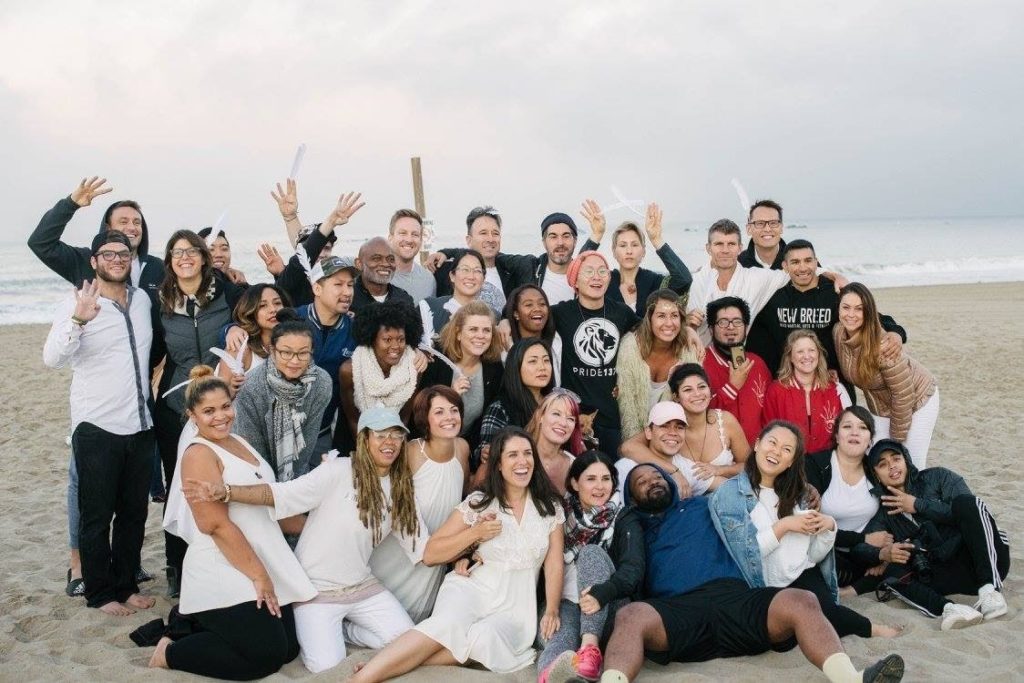
We’re Tribal Creatures.
Once you change your paradigm and start to see ‘failure’ for what it is - a learning opportunity - you open yourself to a new realm of self-improvement pathways. Part of our shame syndrome around failure is driven by social pressure, which is crazy, because failing in groups is one of the most productive development models around.
We’re tribal creatures; we’ve been working in groups since the days of hunting mammoth. There’s no advantage in working alone and trying to solve every problem we face, individually. When we strive and fail in a group context we benefit from the lessons of the people around us as well as our own.
It’s that group environment that makes sports teams work so well. A functional team with good leadership uses failure experiences as teaching moments. If the team loses you don’t yell at each other in the locker room and try and figure out whose fault it is, you examine the game plan and look for ways to play better in the next game.
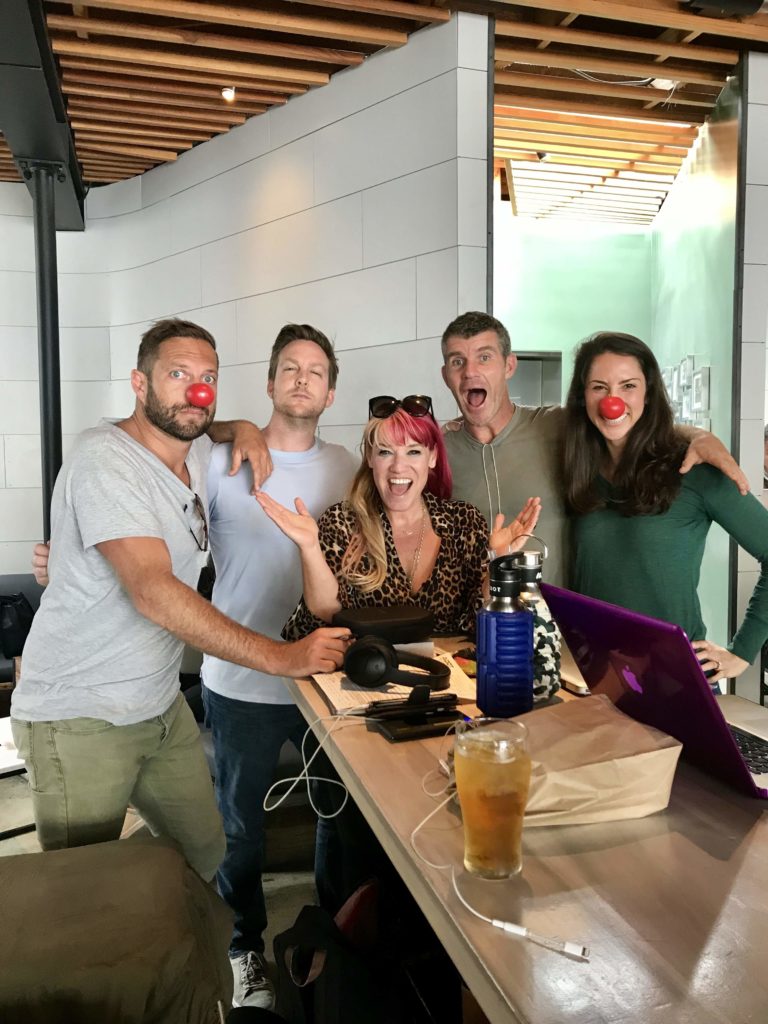
Even elite solo athletes like Usain Bolt and Ian Thorpe still train in a team because they know the value of the group dynamic.
Every team member takes responsibility for their own game, but they learn from each other’s mistakes as well.
It’s often a lot easier to be objective about other people’s failures, so working in a constructive collaborative environment, we may actually learn more from observing people around us than we do from our own mistakes.
This seems like such an atypical way of thinking about collaboration, doesn’t it? But it is actually intuitive if you can set aside the mainstream competitive, judgemental culture.
If we start with the idea that ‘failure’ is a learning resource, and build our team structures around that guiding principle, we can create a collaborative process that rewards transparency, and allows us to solve problems together rather than trying to conceal our mistakes.
Teamwork accelerates development.
Progressive companies are increasingly re-shaping their management structures to put more emphasis on team effort. The co-operative management dynamic helps to take away the stigma of failure and make the most of shared learning opportunities.
Although corporate structures lend themselves well to group learning, you don’t have to be embedded in a big corporate team to get its advantages. If you’re working alone, you can find alternative networks to get collaborative input. Social media networks like Meetup that facilitate interaction and dialogue are great venues to find teams of people who share your objectives and can relate to the challenges you face.
Failing publicly can seem really daunting if it’s not the kind of strategy you’re used to working with so you need to really change the way you communicate and think about problems.
Start from the assumption that every achievement is built on failure and you’ll be on the right track.
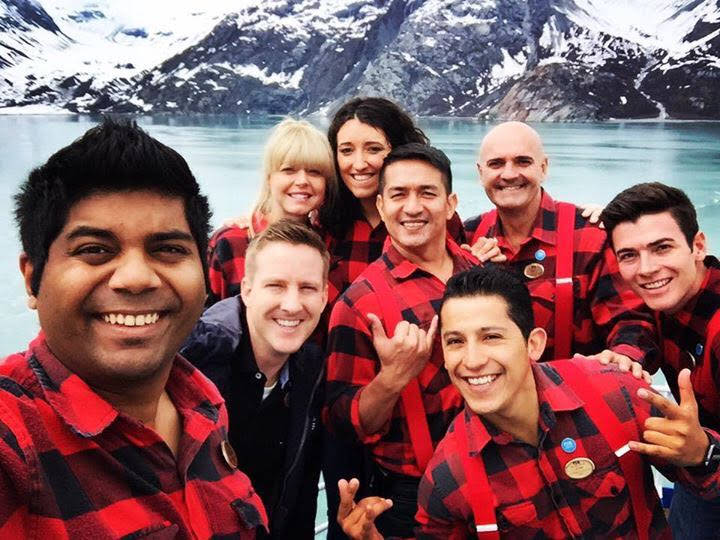
There’s a lot of talk about positive thinking and aspiration in the personal development sphere, but because we’re all scared of failure, it’s easy to ignore it.
Harvard University has done a lot of research into the relationship between failure and learning. The recurring theme in Harvard studies dealing with personal development is that resilience - the ability to weather setbacks and keep striving - is of utmost importance.
Educational researchers show us that the ability to acknowledge and learn from failure is one of the determining characteristics of both successful individuals and teams. To be objective about failure we need to take a big step away from the judgemental urge. We need to be assessing ourselves and our peers from the point of view of educators, not critics.
It’s easy to point at Dennis in the next cubicle and blame him for not meeting the deadline, but nobody is getting any smarter that way.
Analysis of failure is only the first step. We need to look for the decision points we can change to achieve better outcomes.
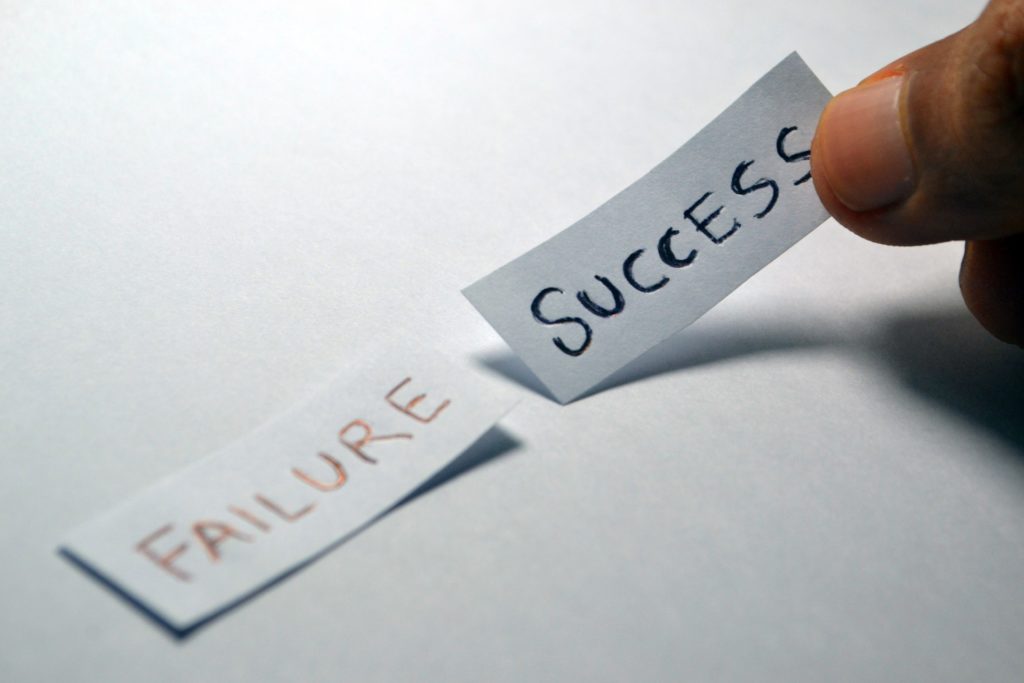
No failures, only lessons.
In absolute terms, some outcomes are more desirable than others, and we don’t want to fall into the trap of ignoring our shortcomings. But when things don’t go the way we want a small paradigm shift can turn disappointment into productive insight.
Challenge and failure doesn’t have to be a lonely process. Take ownership of your struggle and invite other people to share their struggles with you.
Until next time.. there’s only one thing better than learning from your mistakes, and that’s learning from the mistakes of others!

